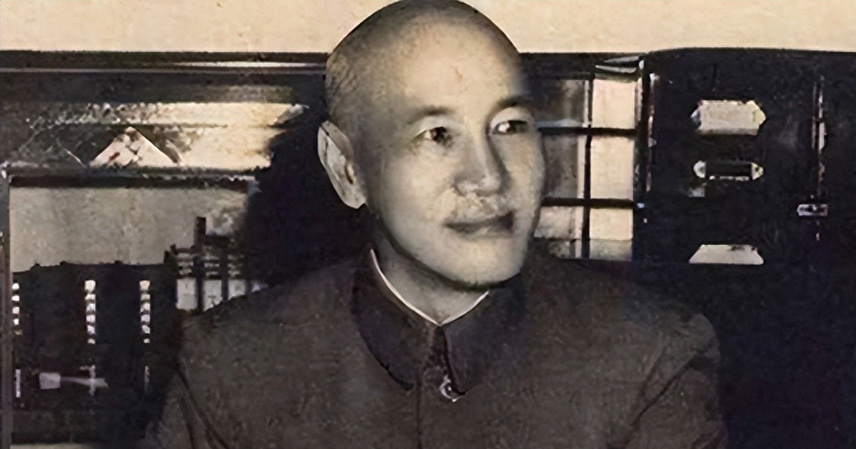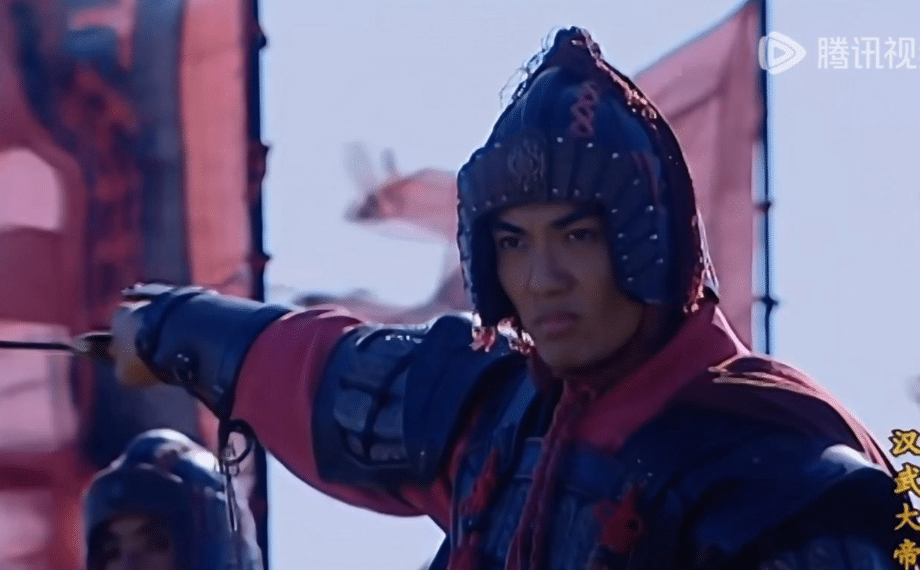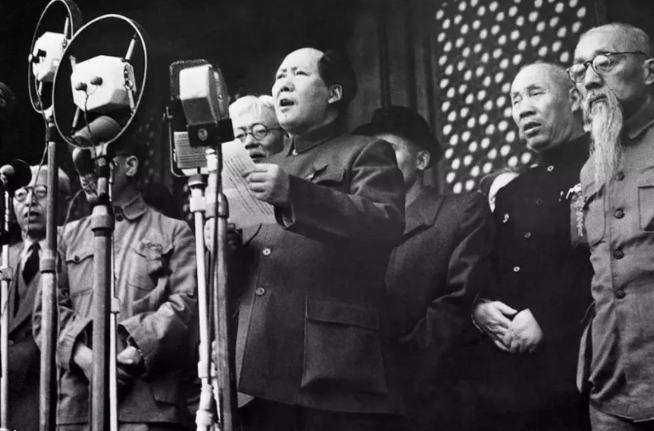In February 1949, Taipei nights were heavy with tension. Guard commander Hu Zongnan once received a peculiar order: before 3 a.m., he had to deliver two flasks of freshly boiled water cooled to exactly 35°C, with an error margin of no more than one degree, to the Shilin residence of Chiang Kai-shek. For soldiers, a 30-centimeter margin could shift a rifle’s aim; for Chiang, a single degree determined whether water could pass his lips. Soldiers joked: “The Generalissimo fears no bullets in battle, only the wrong water.” Behind this jest lay a secret few dared to tell.
Throughout Chiang’s decades of campaigns, boiled water was treated almost as seriously as military orders. His cooks carried special pots for distilling and cooling. Staff manuals began with “secure safe water sources.” Outsiders speculated—was it hygiene? A stomach ailment? Family tradition? None of these theories stood up. His diaries openly criticized corrupt generals and described tea houses and banquets, yet were silent about his obsession with plain boiled water.
The silence traces back to 1919. In Shanghai’s French Concession, 34-year-old Chiang met Chen Jieru, just 13. Captivated, he wooed her with persistence, even standing overnight outside her home. Two years later they married. For a while, the press celebrated their “talented man and young bride” romance.
But within months, Chen developed rashes. Embarrassed yet desperate, she was quietly taken to a clinic specializing in venereal diseases. The lab results read “syphilis.” The doctor whispered: “It comes from the husband.” Chiang reportedly replied only: “You must keep this secret.”
Private notes from the physician recall Chen’s tearful confrontation: “How could you bring this filth home?” Chiang, voice low: “I was wrong. From now on, no wine, no entertainment, nothing.” This promise birthed what later became known as the “boiled water vow.”
At the time, public health manuals warned that alcohol and coffee could worsen syphilis symptoms, while tea’s tannins hindered mercury-based treatments. Thus, Chiang eliminated every drink but boiled water—the safest, plainest option. Over time, it became a symbol of his “discipline,” while concealing a medical necessity.
By 1927, as Chiang sought political marriage with the Soong family, Chen Jieru was cast aside. Their divorce papers offered no explanation. Media attention was diverted by the Zhongshan warship crisis. Knowledge of Chiang’s condition remained confined to a few: that Shanghai doctor, bodyguards, and Dr. Xiong Wan, Chiang’s lifelong physician. None left written records.
In Taiwan, Chiang’s health fluctuated. In 1954, during a severe relapse, doctors discreetly combined penicillin and arsenic therapy. Nurses recalled: “Even with fever and thirst, he only wanted warm boiled water—nothing else.” The early vow had become unshakable habit.
The medical logic was real: syphilis treatments required heavy hydration to flush toxins, yet unsafe well water risked complications. Boiled water at body temperature was safest. Chiang institutionalized it, turning vulnerability into an image of austerity.
Those who knew too much rarely survived well. The Shanghai doctor was arrested in 1932 for “leaking secrets” and disappeared. Guards perished in civil war. Chen’s 1938 English memoir was dismissed as “a spurned wife’s gossip.” The truth was buried beneath silence and fear.
By the late 1960s, U.S. intelligence declassified fragments suggesting Chiang’s early syphilis, lending credibility to Chen’s account. But during the Cold War, neither Washington nor Taipei publicized it. Today, related files remain locked in Stanford’s Hoover Archives and Taiwan’s archives, accessible only under strict approval.
Imagine if that 1919 diagnosis had been public: could Chiang have led the Northern Expedition, married Soong Mei-ling, and controlled the Nationalist government? Likely not. Thus, “boiled water” became a shield—hiding shame, protecting reputation, and projecting piety.
History often hides in habits. For Chiang, writing diaries, offering incense, and drinking boiled water were lifelong rituals. Yet unlike faith or discipline, the boiled water carried a taboo—one that silenced witnesses and haunted his image. The temperature and preparation of water became quiet reminders: sometimes, the mask of restraint conceals the deepest fragility.
References
- Chen Jieru, Chiang Kai-shek’s Private Life (1938)
- Declassified U.S. intelligence records, late 1960s
- Stanford Hoover Archives, Taiwan presidential archives



